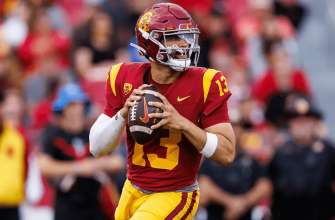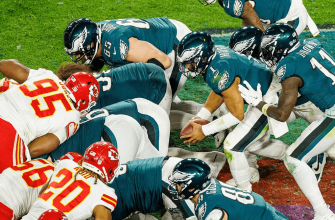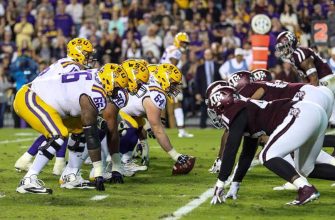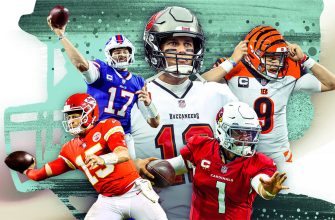Point shaving and match fixing are serious forms of corruption that have threatened football throughout its history. Point shaving refers to illegally manipulating the score of a game to change gambling outcomes, while match fixing involves pre-determining the outcome of a contest.
These practices jeopardize the integrity of football competitions. When players, coaches, or officials intentionally attempt to alter results for financial gain through betting, it diminishes fan trust and damages the sport’s reputation.
Point shaving scandals have occurred at both the collegiate and professional levels. As early as 1906, an incident was uncovered involving payments to the Canton Bulldogs to lose games. In the last few decades, underdogs like Boston College, Northwestern, and Toledo have dealt with point shaving plots by players and gamblers. The possibility of gaining money through fixing provides strong incentives for unethical conduct.
While most fans and athletes want to see fair play, the temptations can be too much for a minority to resist manipulation. Rigged games and questionable outcomes undermine the spirit of achievement through excellence. This is why sporting organizations and law enforcement vigilantly work to detect and deter potential match fixing. Protecting football’s long-standing traditions of competitive integrity remains an ongoing priority.
Financial Incentives

Shaving points in football for personal financial gain is an unfortunate reality that at times has reared its head at both the college and professional levels of the game. The amounts of money that can potentially be made are alluring for some players and coaches who find themselves in difficult financial circumstances or are simply enticed by the prospect of easy money.
One of the most infamous examples in college football is the 1978-1979 Boston College point shaving scandal. Several BC players, including star quarterback Rick Kuhn, were paid around $5,000 each by mafia members to ensure BC lost by more than the point spread in several games during the season. The scheme helped gamblers net hundreds of thousands of dollars.
In the NFL, Green Bay Packers defensive tackle Paul Hornung and Detroit Lions halfback Alex Karras were suspended by commissioner Pete Rozelle for the 1963 season after it came to light they had bet on NFL games and shaved points. It was estimated they had won around $5,000 combined from wagers.
Point shaving is made possible by oddsmakers who analyze teams’ performances throughout the season and establish betting lines – the predicted point differentials by which the favored team will win. By shaving points to help ensure the margin of victory for the favored team is less than the spread, players and coaches complicit in the scheme can enable themselves and/or gamblers to cash in handsomely on bets placed on the underdog.
The sums of money to be made from point shaving can be life-changing for some athletes with modest salaries or in difficult financial straits. However, these schemes violate the integrity of the game and can result in harsh legal and professional consequences if discovered.
Detection Methods
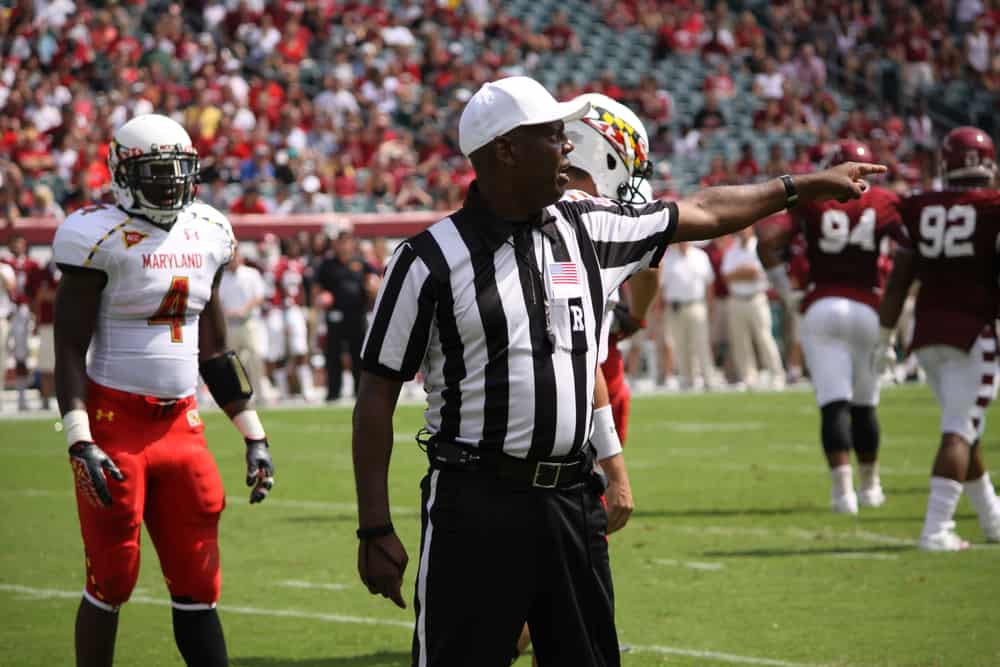
Detecting point shaving in football can be challenging due to the difficulty in determining if poor performance by a player or team is truly intentional or not. However, advances in technology and data analysis have enabled improved monitoring and detection of potential point shaving incidents.
- Statistical analysis – Sports betting monitoring services analyze real-time data on betting volumes and odds movements to identify irregular patterns that may indicate points shaving schemes. Sophisticated algorithms can detect abnormal placing or movement of bets and flag these for further investigation. The data analytics used by major sports leagues have become quite advanced in identifying anomalies.
- Law enforcement and intelligence – Local, state and federal law enforcement agencies, as well as private intelligence firms hired by sports leagues, gather intelligence through informants, wiretaps, and other investigative means to uncover potential point shaving operations. The FBI has run coordinated stings and investigations to catch point shavers in the act through first-hand evidence. Thorough investigations require cooperation between sports organizations, regulators, law enforcement, and sometimes across international borders.
By combining statistical detection of suspicious betting with traditional law enforcement techniques, major sports leagues and regulatory bodies aim to stay ahead of potential point shaving efforts and protect sporting integrity. Ongoing innovation and information sharing is still required to combat the evolving nature of match fixing threats.
Notable Scandals
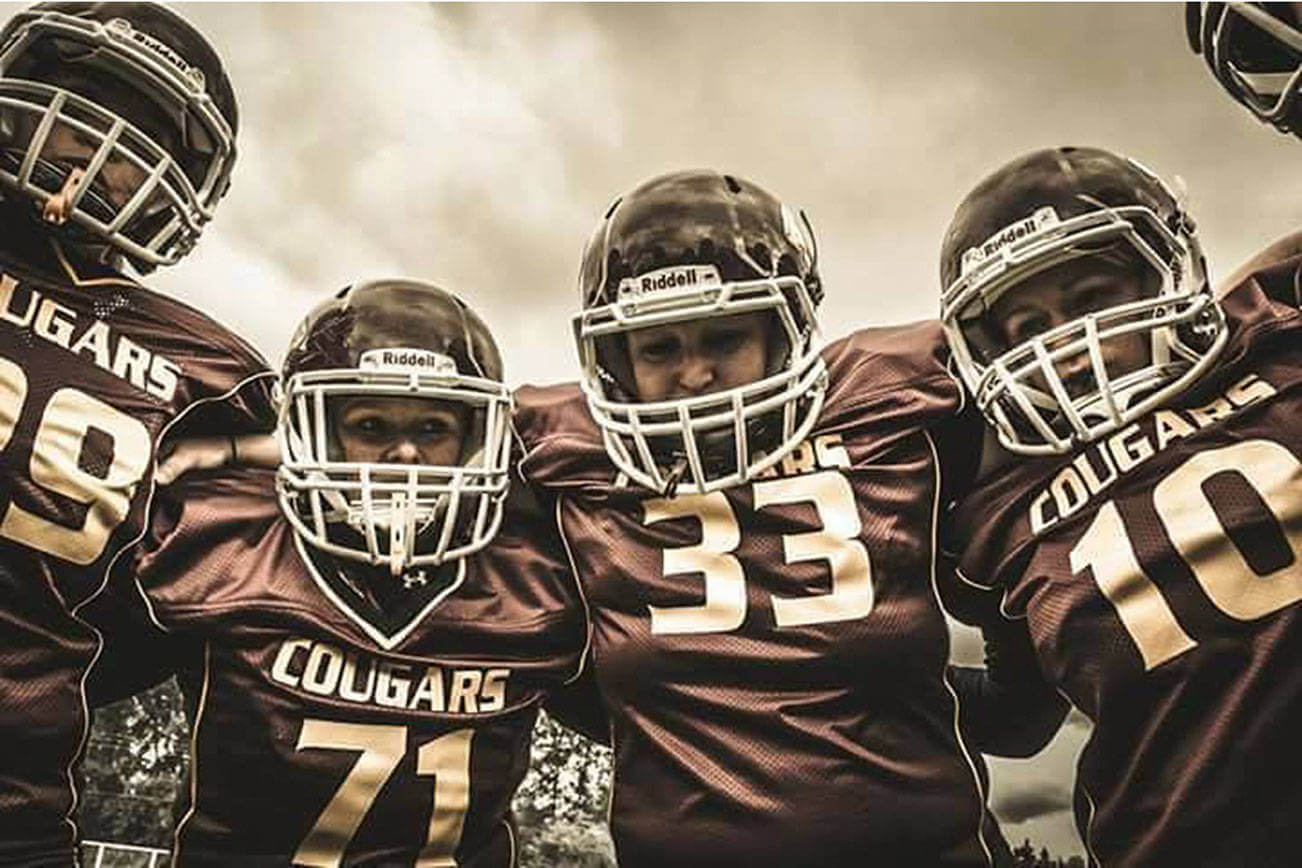
The history of football has seen some high-profile examples of point shaving scandals at both the college and professional levels. These incidents have involved key players conspiring to impact games in exchange for bribe money from gamblers and organized crime.
One of the biggest college football scandals occurred in 1951 when over 30 players from multiple schools were involved in fixing games. Some of the notable players included Heisman trophy winner Billy Cannon from LSU and All-American quarterback Norm Snead from Wake Forest. The main organizer behind the fixes was gambler Jack Molinas who targeted vulnerable athletes facing financial issues.
In the 1996 NFL season, the freshman running back Lawrence Phillips was implicated in betting against his own Green Bay Packers team. While Phillips denied the charges, his involvement with bookies and connections to sizable bets against Green Bay led to his swift release from the team that same year.
More recently in 2007, NBA referee Tim Donaghy was entangled in a betting scandal where he admitted to gambling on games he officiated, as well as feeding inside information to others involved in sports gambling. Donaghy’s actions cast doubt on the integrity of NBA games and refereeing during that time period.
The ability for single players to influence outcomes in football leaves the sport vulnerable to insiders looking to swing the odds for their own financial gain. These scandals have damaged the reputations of players, teams and leagues. However, increased vigilance and deterrents have helped curb more recent point shaving efforts.
Impact on Careers
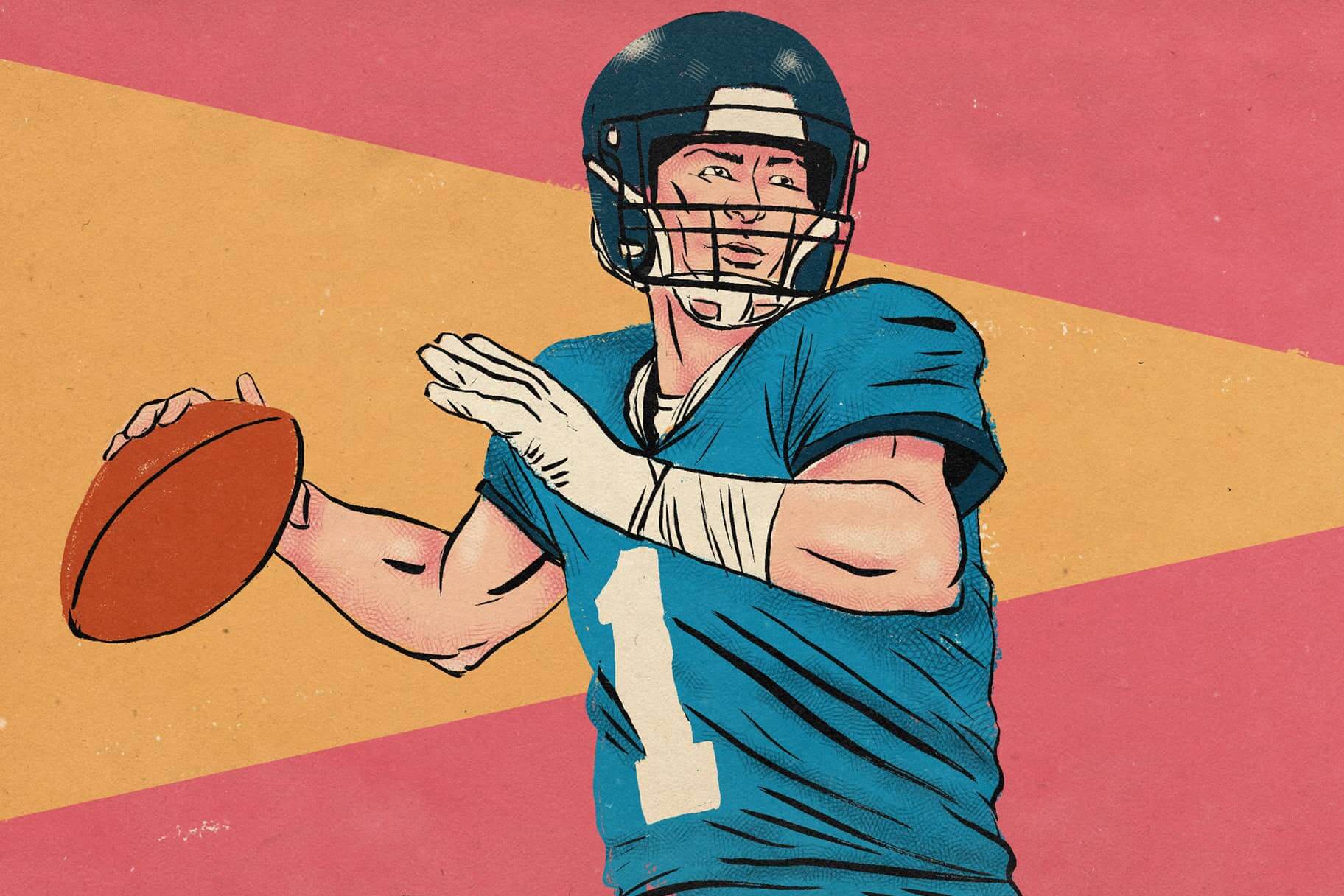
Getting caught shaving points can end careers and cast a permanent shadow over reputations in football. For players, coaches, and officials who cross the line, the discovery of their role in manipulating game outcomes can lead to swift dismissal, legal prosecution, and a lifetime ban from the sport.
Once evidence comes to light, those implicated tend to immediately lose their jobs and face permanent exclusion from professional and collegiate football associations. There is zero tolerance for point shavers among the leagues. Players caught engaging in the fraud face not only termination of multi-million dollar contracts, but legal prosecution for sports bribery and potential prison time. Coaches and officials also face similar repercussions of job loss, legal prosecution, and blacklisting.
Even after serving any legal punishments, point shavers remain persona non grata in football. They carry a tainted reputation that prevents returning to the sport in any capacity, as teams cannot risk the perception of corruption by hiring them. This amounts to a total loss of their lifelong career aspirations in many cases. The permanent stain on their records also hampers employment prospects outside of football.
For players, the sacrifices they made over the years cultivating their talents and competitiveness on the field become wasted. Once promising careers and hopes of glory get dashed overnight by scandals of their own making. Instead of ending their playing days on their own terms after years of achievement, point shavers find themselves exiled from the sport and forever associated with disgrace.
The severe penalties send a strong message that the integrity of the game remains sacrosanct. However, the extended impact on livelihoods shows why even the temptation of quick payouts represents too steep a price for those who dream of excelling in football. The only way to protect those dreams is refusing to compromise them regardless of potential gain. For the rare few who make that ill-fated choice, it invariably ends careers and destroys legacies.
Effect on Fan Trust

The revelation of point shaving scandals often leads to a loss of credibility and disenchantment among fans. Fans who once passionately supported their favorite teams and players feel betrayed when they discover the competitive nature of the sport has been compromised. This loss of trust can lead to a decline in interest and viewership over time.
Far-removed gambling interests infiltrating college and professional sports also fosters distrust. Fans question whether players and coaches are making decisions based on the integrity of the game or the influence of gambling profits. The connection between sports betting and match fixing makes many fans wary of an unhealthy relationship between gambling and athletics. This wariness can discourage both gambling and viewership.
Ultimately, point shaving scandals damage the relationship between fans and the sports they love. The fallout leaves fans feeling duped and skeptical of ever trusting teams and players in the same way again. Restoring that trust is a difficult, long-term process.
Prevention Strategies
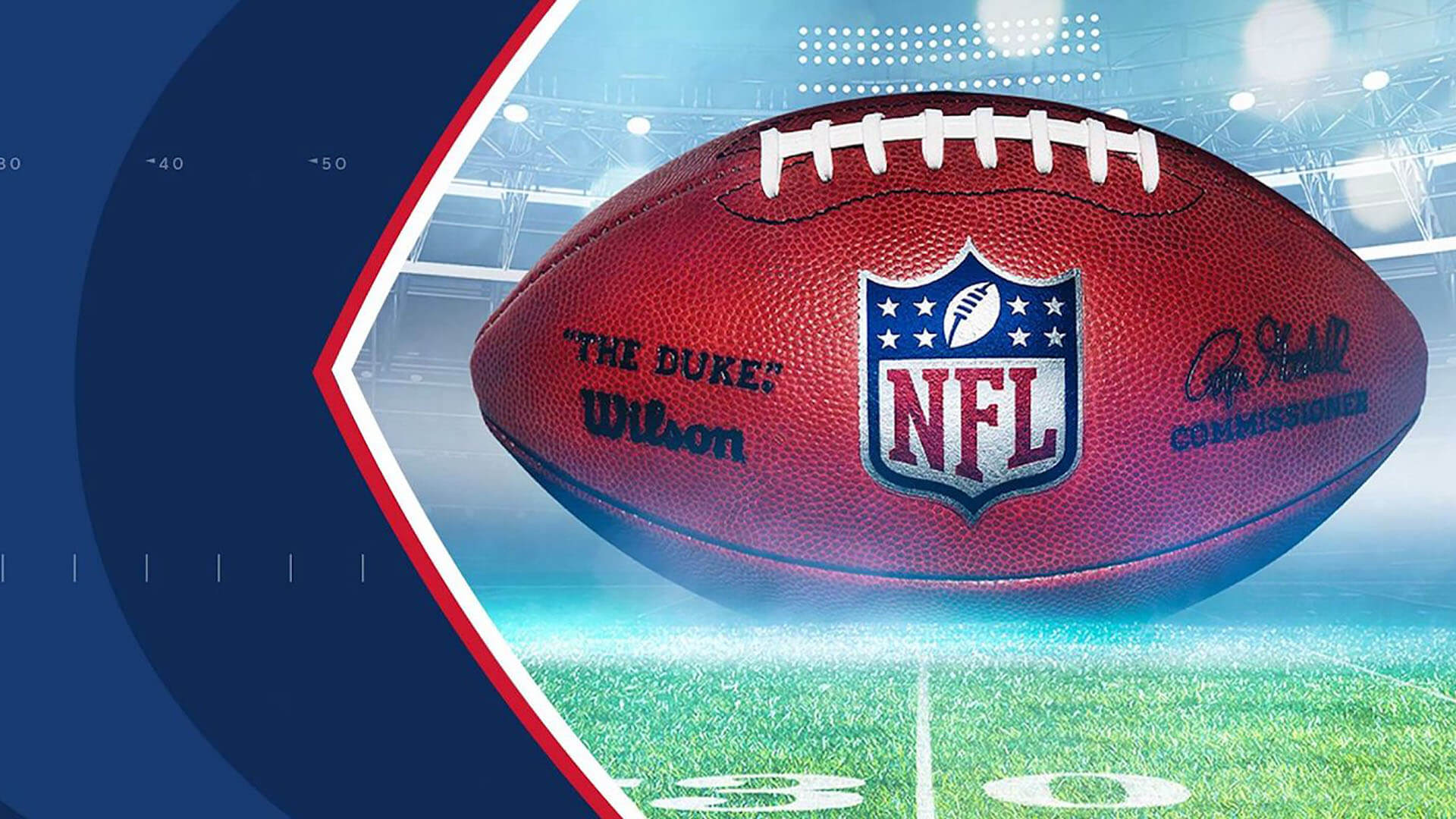
Rigorous oversight and harsher penalties are the main ways football leagues can combat point shaving and game fixing schemes.
Oversight Committees and Monitoring
Major collegiate and professional football leagues need to establish independent oversight committees to monitor unusual betting patterns and player performance. These committees can use data analysis to detect potential schemes and conduct investigations. Increased auditing and compliance procedures could also help identify issues.
Harsher Penalties as Deterrents
Implementing harsher penalties for players, coaches, and staff caught shaving points or fixing games can deter misconduct. Severe sanctions like lifetime bans from football send a strong message. Penalties need to outweigh any potential financial incentive.
Education on Ethics
Leagues need to better educate players and personnel on the ethics of fair play and the consequences of point shaving. Seminars on ethics, anti-corruption measures, and the harms of gambling could prevent problems down the road. Strengthening moral principles may be the most effective deterrent.
Comparison to Other Sports
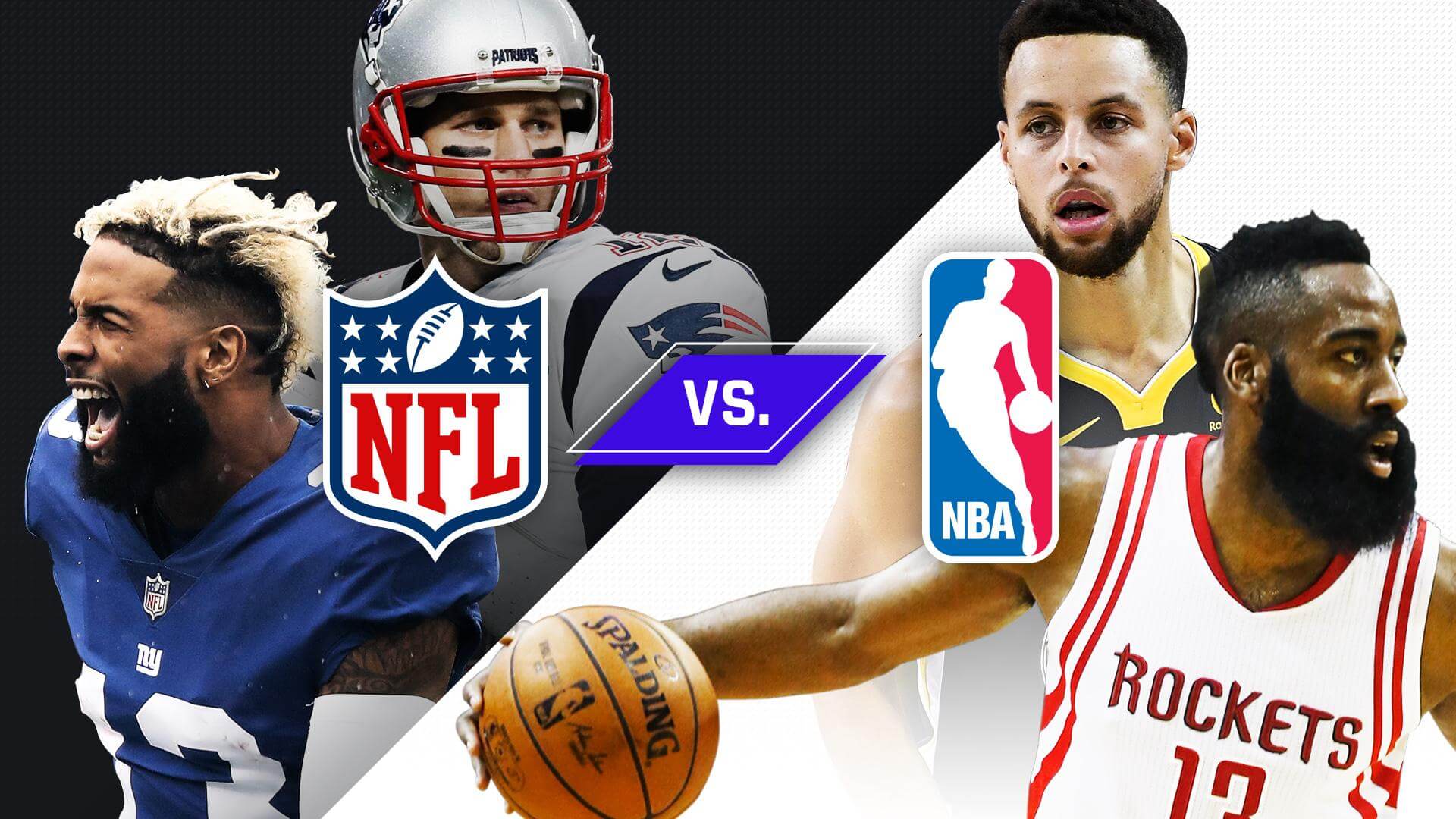
Match fixing and point shaving scandals have occurred in other major sports as well. However, certain factors make college football especially vulnerable.
In the NBA, match fixing scandals have centered around referees manipulating games by selectively calling fouls and free throws. While fans may feel cheated, the outcomes are not predetermined like in point shaving schemes. NBA players, with their high salaries and sponsorship deals, also have less incentive to participate in match fixing compared to unpaid college athletes.
Baseball has a long history with match fixing back to the 1919 Black Sox scandal when players took bribes to lose the World Series. While individual games can be fixed, the length of the MLB season and playoff structure makes it difficult to guarantee outcomes. There is also greater parity between teams compared to college football’s powerhouse programs playing much weaker teams early in the season.
Boxing and MMA see bouts manipulated for betting purposes, but the individualistic nature of those sports makes systemic match fixing less likely. Fighters can take dives independently without coordinating multiple players on a team.
In the end, college football’s unique combination of unpaid players, lopsided games, and the single elimination bowl system creates an environment ripe for point shaving schemes. The implications go beyond just gambling to damage the integrity of the sport and its ability to maintain fan support over the long term.
Future Outlook
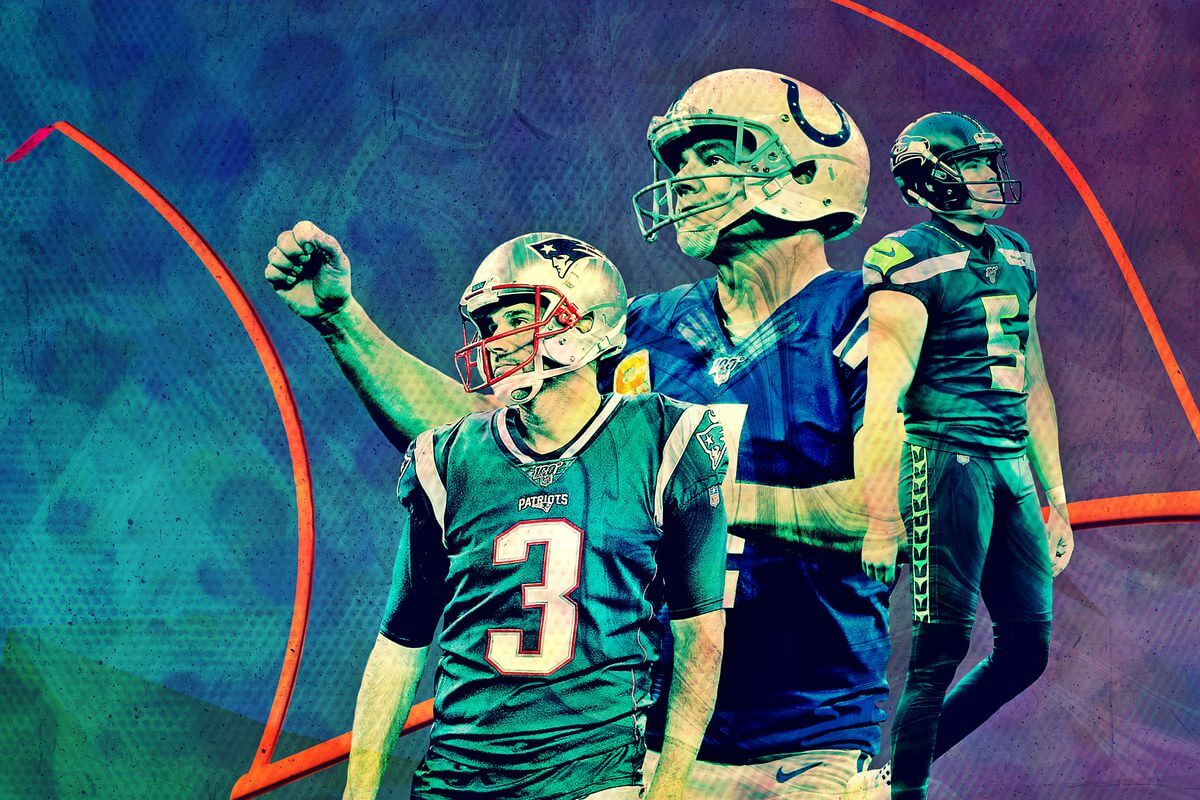
Point shaving has cast a shadow over college and professional football for decades, leaving fans questioning if the integrity of the sport can be maintained. However, new strategies and technologies provide hope for detecting and preventing point shaving in the future.
Will point shaving continue to be an issue? While the financial incentives and opportunity to shave points will likely always exist to some degree, improvements in detection and deterrence methods aim to make it much harder for athletes and gamblers to succeed. Advanced analytics can identify suspicious betting patterns and on-field performance anomalies in real time. And increased education and awareness efforts empower players to make ethical decisions and understand the significant long-term consequences.
New prevention and detection innovations are being deployed to maintain integrity and fairness in football betting markets. Sports data companies use machine learning algorithms to model expected scoring and flag odds movements that don’t align. Integrity monitors analyze statistics, bets, videos, and chatter for evidence of manipulation. Improved surveillance, communication monitoring, and sting operations make it riskier for potential point shavers.
Ultimately the goal is to upholds fans’ trust in the sincerity of competition. While risks remain, proactive measures and continuing innovation provide optimism that football can retain its standing as an authentic showcase of athletic achievement. With vigilance and commitment to integrity from all stakeholders, the spirit and thrill of the sport can be preserved.
Conclusion
The issue of point shaving presents a significant threat to the integrity of football and sports in general. Though not as widespread as other forms of corruption like performance-enhancing drugs, even isolated instances can seriously undermine fans’ trust and tarnish the reputations of innocent players.
As this article has shown, point shaving schemes frequently originate from criminal organizations seeking to exploit unsuspecting college athletes. The financial incentives can seem tempting to young players, but the consequences are dire and long-lasting if caught. Sophisticated monitoring systems used by sports books and leagues have aided detection, but more work is needed to curb manipulation before it starts.





